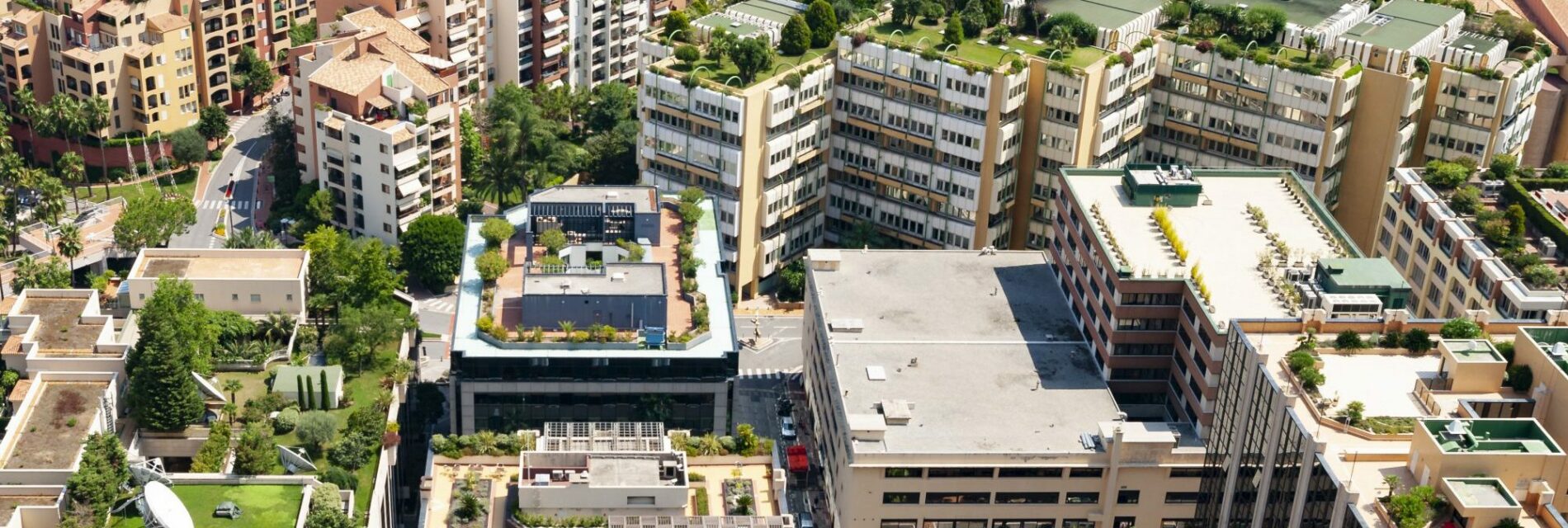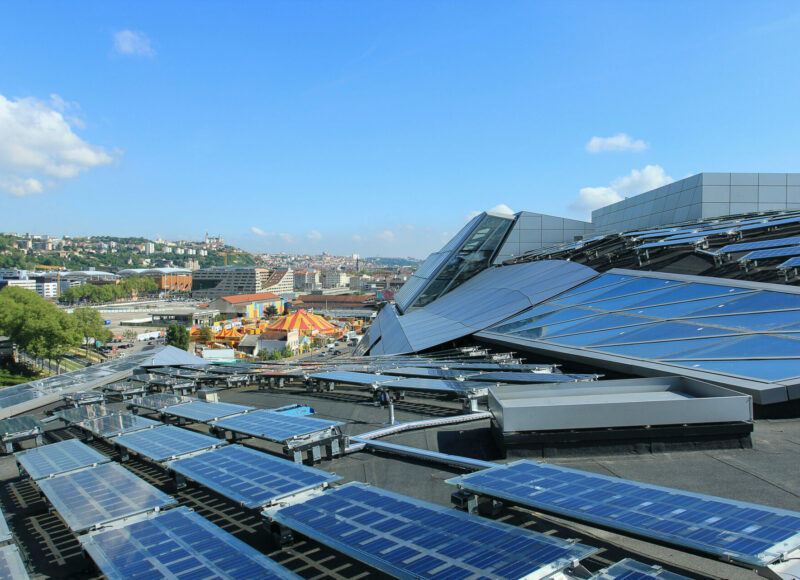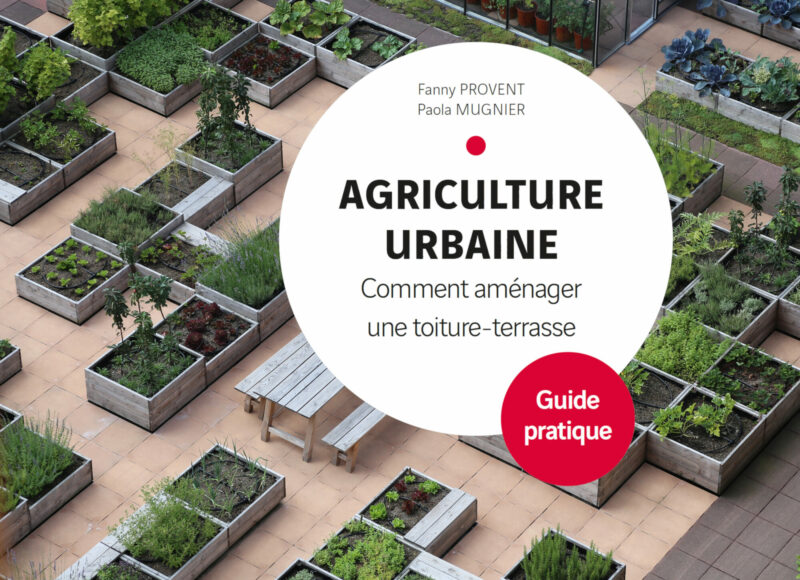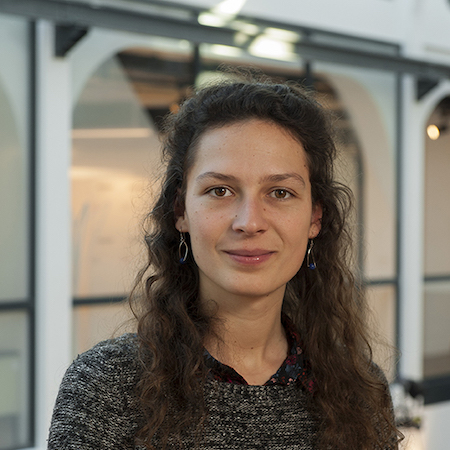A scientific partnership for environmental performance
Researchers associated with the lab recherche environnement provide solid knowledge and a multidisciplinary approach to enhance the ecological transition of buildings, neighbourhoods and infrastructures. Since 2008, around thirty doctoral and postdoctoral projects have been supported by the lab recherche environnement at three ParisTech engineering schools which have expertise in four complementary fields:
- MINES ParisTech on the energy efficiency of buildings and life-cycle assessment of neighbourhoods;
- AgroParisTech on biodiversity;
- the École des Ponts ParisTech on sustainable mobility.
This complementarity allows a systemic approach which is essential to making progress when it comes to environmental performance and its multiple criteria.
The ecoperformance objective is being pursued in conjunction with VINCI, whose building and infrastructure projects serve as a testing ground for researchers. The research results are made public and shared not only with the scientific community, but also with all the stakeholders in the city and the territories to facilitate decision-making and improve practices. This dissemination is a key aspect of the lab recherche environnement with more than 150 academic publications and nearly 500 people who participate in the conferences of lab recherche environnement each year.
Current research
The 2018-2023 roadmap pursues three goals: limiting the environmental impacts of buildings and neighbourhoods and controlling costs, integrating the environmental dimension into the digitisation of business lines, for example, through energy simulation in BIM (building information modelling) and finally improving the well-being, comfort and health of users, in particular, by reducing urban heat islands.






















